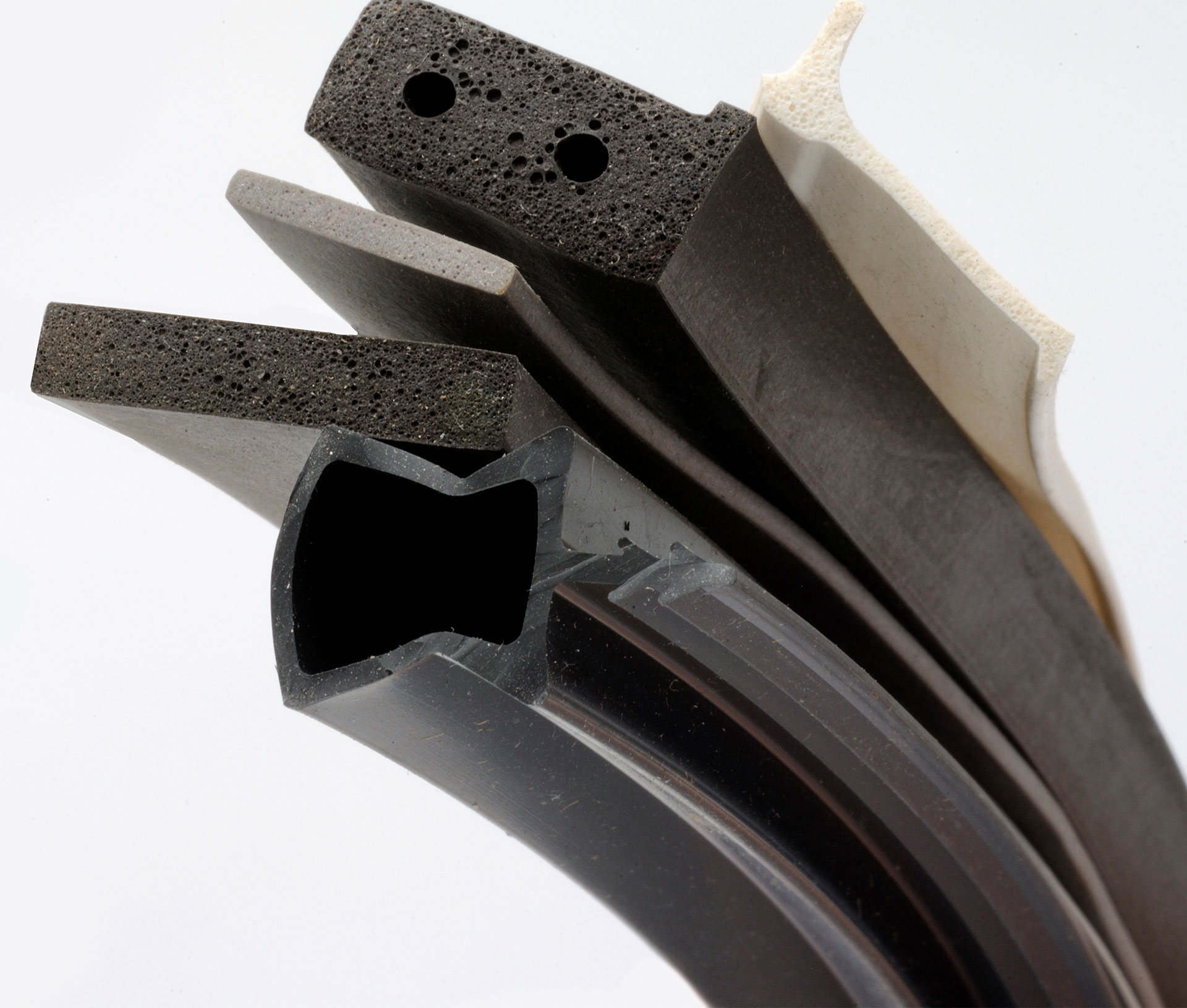Food Grade Materials

Appliance makers face a much bigger challenge compared to other industrial manufacturers when specifying seals, hoses, tubes and other rubber and thermoplastic components for dishwashers, refrigerators, icemakers, ovens and other food-related storage, packaging and processing equipment.
Appliance seals must be wear-resistant, durable and strong, offering exceptional compression strength over multiple cycles, maintaining tight seals for extended periods, and withstanding various environmental conditions like temperature variations, exposure to corrosive substances and repeated wet/dry cycles.
Seals for appliances face a significant additional challenge compared to other industrial seals and components: they must ensure safety when in contact with food or items that may touch food, like dishes or packaging materials.
Further, appliance manufacturers must demonstrate material safety to regulatory bodies and earn appropriate certifications in order to sell their products. Depending on the application and the geographic markets, manufacturers must assess their products against requirements from various organizations including the FDA, NSF, BfR, or other regional authorities to sell their products in various markets. BfR, like the FDA, evaluates food, chemical and consumer product safety in Europe. Understanding the differences and similarities between global market requirements and needs is important to providing a consistent, quality product.
Over time, regulations may evolve as various agencies modify approved materials or update their restricted lists.
Materials Expertise is Required
For appliance manufacturers, commonly used reliable and high-performing components that excel in one application, such as windows, may require reformulation to eliminate ingredients that could conflict with regulatory requirements in food-related applications.
Frequently, these ingredients are meticulously chosen for their role in enhancing critical properties like compression strength in the application. Reformulating for food safety standards while preserving performance properties takes a good deal of material science knowledge, formulation expertise and testing capabilities to ensure exceptional performance of the component in the application.
Cooper Standard ISG provides valuable support by staying updated on evolving regulations, offering material engineers with expertise in reformulation and supplying high-performing FDA-compliant materials certified by an independent certifying body like National Sanitation Foundation or Intertek. Cooper Standard ISG specializes in custom formulations and utilizes advanced software modeling like Finite Element Analysis (FEA) and Computational Fluid Dynamics to validate newly designed components, reducing prototype costs and accelerating time to market.
Have a challenging project? Call Cooper Standard ISG. We’ve been there, done that for appliance manufacturers of all kinds, in the U.S. and around the world. We can get you on the right side of changing regulations quickly and decisively.
